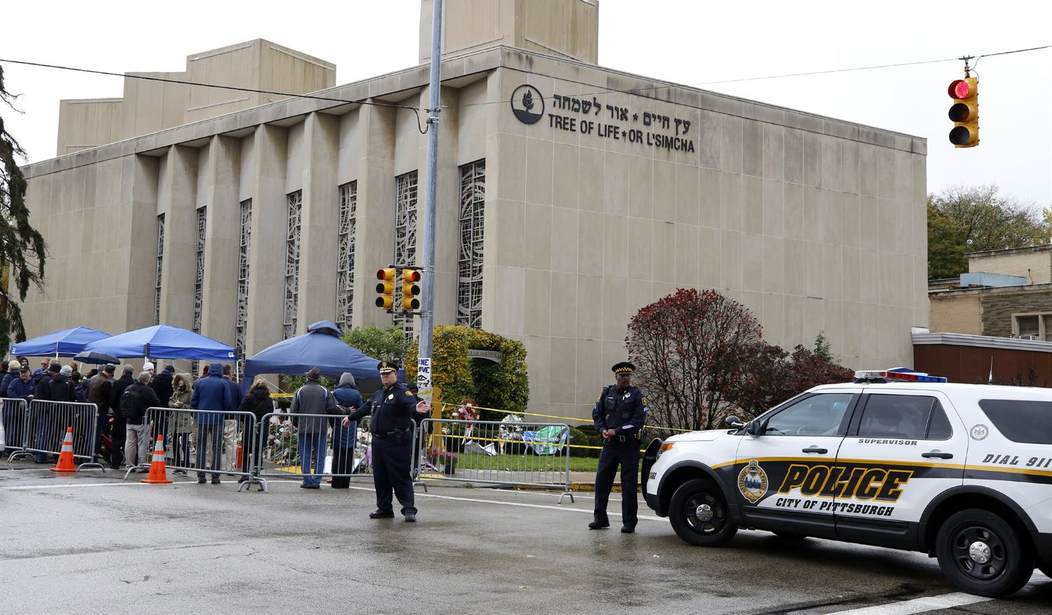Five years ago, the shooting at the Tree of Life Synagogue in Pittsburgh rocked the nation. The anti-semitic nature of the attack was something we’d like to believe was stamped out in this country, though few of us can really convince ourselves of that considering recent events.
Gun control calls immediately followed the shooting, as they normally do.
Those calls dimmed in time. After all, emotions run high after a shooting, but when people start to be a bit more rational, some of that fades.
As we approach the anniversary of that shooting, the calls for gun control are being renewed.
“The synagogue shooting here in Pittsburgh – it shattered me,” says Geraldine Massey, a therapist at the Center for Victims who lost two sons in 1993 to gun violence. With every new mass shooting, she mourns.
“Why go into that sacred place? It was so defiling to me,” she says.
A gun owner herself, Massey believes in stronger gun legislation and gun owners becoming more responsible.
She is frustrated that neither Congress nor the Pennsylvania legislature has passed meaningful gun control legislation in the five years since the synagogue shooting.
“If these guns weren’t so readily accessible to these young men, then they would have to find other ways to resolve their conflicts or differences,” says Massey.
It’s almost cute that she believes that.
Before guns were as prevalent, these young men, as she calls them, used knives, bats, chains, and all kinds of other deadly weapons instead.
The problem isn’t access to firearms. That’s something gun control advocates have never been able to get.
No, the issue is that there are broken people who want to do bad things to bad people.
Take the synagogue shooter, as an example. Let’s say we took the AR-15 out of the equation somehow. Let’s say, hypothetically, there was some way to make sure that individual didn’t have access to that rifle or a similar one. Would that have stopped the shooting?
Probably not.
This was a person filled with hate. That doesn’t go away because he couldn’t get an AR-15. Instead, he’d have just gotten what was available to him and done plenty of damage. Let’s not forget that the deadliest school shooting on American soil was Virginia Tech, where the killer used a couple of handguns.
Does anyone really believe the synagogue killer would have just stayed home if all he could get were pistols?
Again, probably not.
The truth of the matter is that gun control isn’t the answer. Gun control is never the answer.
Sure, I’m biased as hell on the subject, but the truth is that there are no good studies illustrating the efficacy of gun control. Researchers have to twist reality to produce results suggesting that it does.
Common sense–and I mean real common sense, not the version that you find in “commonsense gun legislation”–should make it clear that if someone is hateful and violent, they’ll figure out a way to be violent in their hatred.
The answer is and has always been to try and fix the man, not restrict the tools.
Some try to claim the universal facet of all gun violence is the gun, but that’s because you’ve created a set where that simply has to be true. We could say the universal facet of all knife violence is knives. It doesn’t mean we should restrict them.
The truth is that the universal in violent crime is that a person carries it out. An individual seeks to threaten or hurt another person.
In the synagogue shooting, this person was so broken he wanted to slaughter innocent people because they worshipped wrong. That’s the kind of thing you need to address, this desire by many to hurt others for ridiculous reasons.
You don’t need gun control. You need to address the problems with people.







